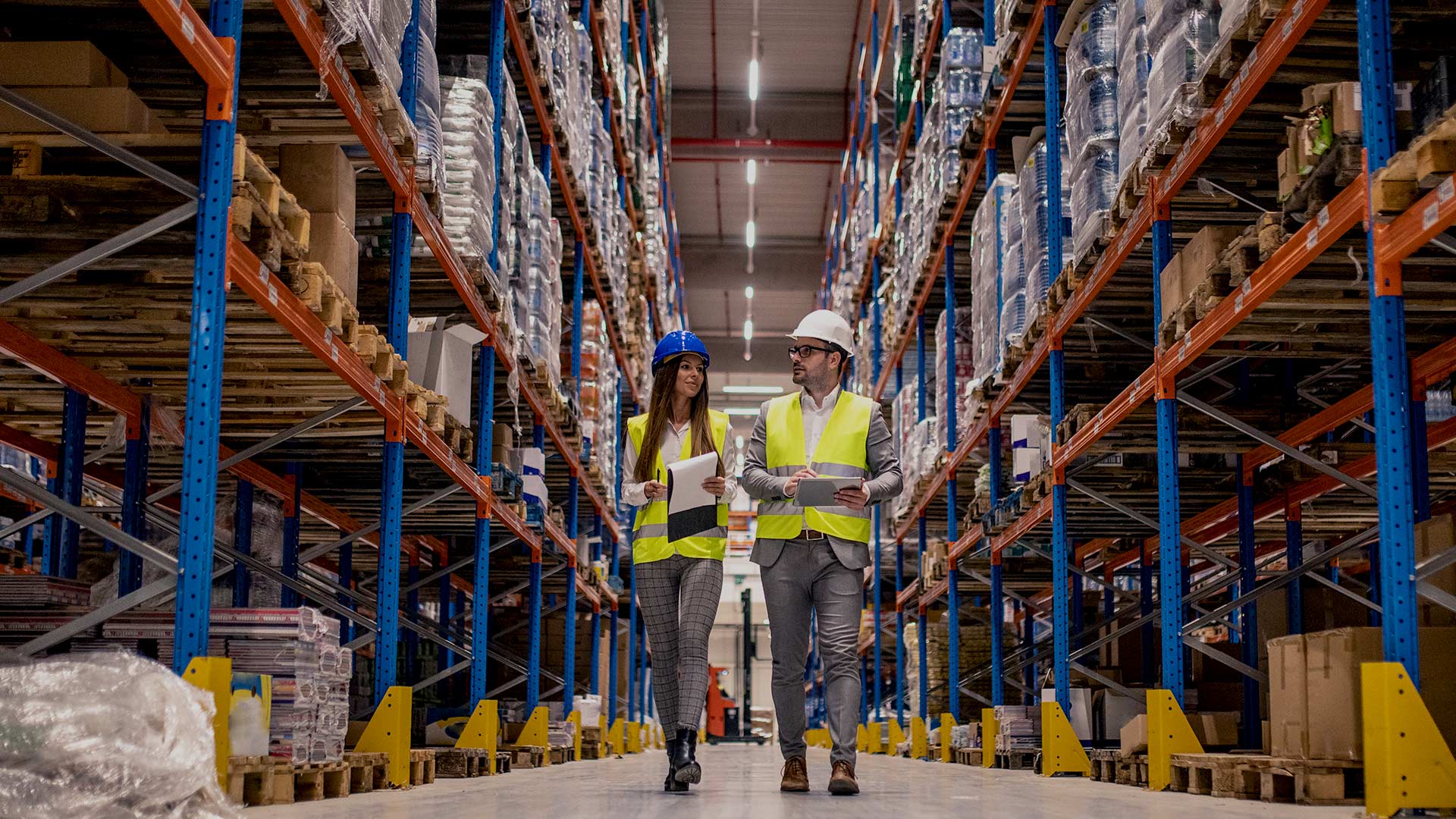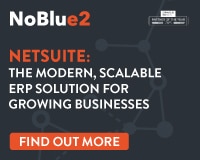Manufacturing businesses are operating within the Age of Change. Global megatrends such as decarbonisation, ongoing effects of COVID-19, cyber-attacks, increased digitisation, and seismic political events are creating a period of constant instability for all businesses. For manufacturing, the future can be difficult to predict and even more challenging to plan for.
As a result, organisations must become resilient. Resilient to external shocks, unprecedented global events and supply chain disruption. They need to better manage their costs, reduce their emissions, and transition towards sustainable operations, all while continuing to manufacture new products with new processes, new materials and to new specifications.
In the Age of Change, traditional Enterprise Resource Planning systems can be given a new lease of life as Enterprise Resilience Planning systems, helping manufacturers respond to both outside and internal forces so they can deliver solutions that meet customer needs and aid sustainability efforts.
Building resilience
To successfully build resilience, manufacturers must gain a systems-level view of all operations. Access to real-time production and supply chain tracking is critical to overcoming external shocks. With accurate and up-to-date information, businesses can begin to implement scenario planning in a bid to prepare for several eventualities. This makes decision-making faster, mitigates risk and enables organisations to identify trends and issues before a crisis presents itself.
Another permanent factor for resilience is traceability. The ability to track what happens to a product across every link of the supply chain is an important step towards solving challenges associated with sustainability, risk and compliance. Even manufacturers that have reshored as a result of supply chain disruption caused by the covid pandemic, will still need to trace every stage of the product journey and will struggle to do this without digital technologies.
Leaner financial models
Effective visibility and traceability will enable manufacturing businesses to keep an even closer eye on costs coming in and out, as they transition towards leaner financial models. With the global cost of living rising and material prices soaring, businesses need to build more resilient cost reserves and implement leaner cost models. Everything from inventory holdings to distribution costs, raw material pricing and production processes must be better managed financially if businesses are to build the resilience they need to navigate the Age of Change.
Modern ERP offers this resilience by providing a centralised view of all operations and access to real-time business data which can create stable and effective operations. ERP is being used by the manufacturing sector earnestly to improve the performance of raw materials inventory, streamline processes, and offer supply chain traceability. Furthermore, when deployed alongside technologies such as AI, or IOT devices, the latest ERP systems can further connect the supply chain through data and insights which continuously improve the supply chain planning process.
When utilised effectively, together with the guidance of NexSys specialist team of advisors, it is possible for manufacturers to redefine current ERP systems, transforming them into Enterprise Resilience Planning solutions that help navigate the Age of Change.






